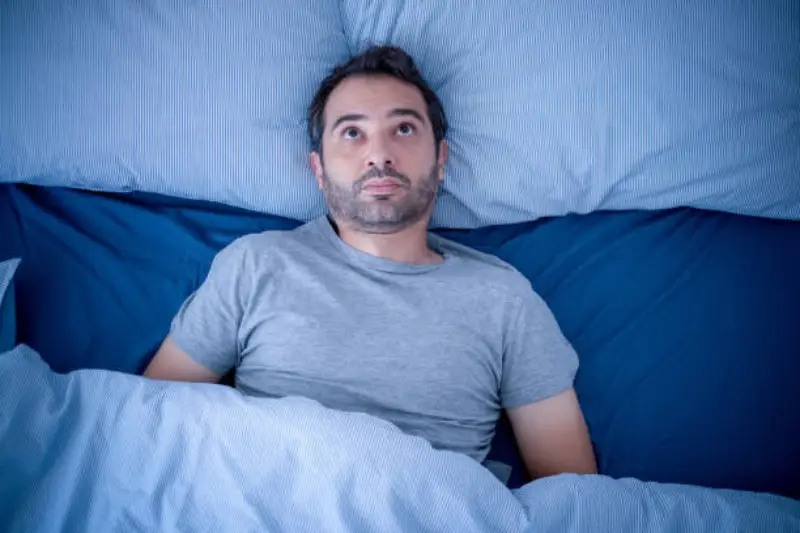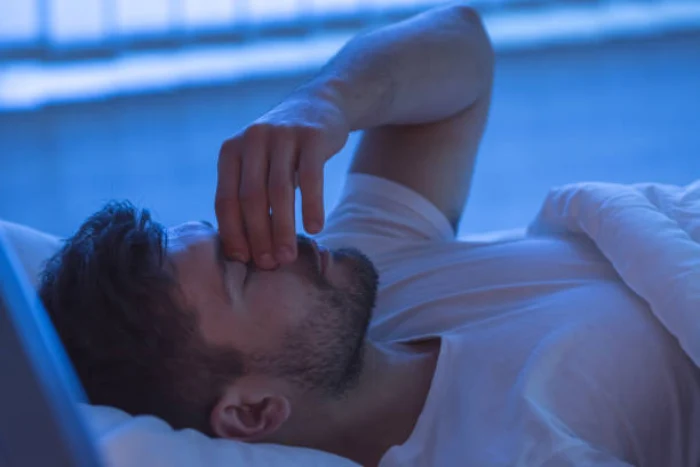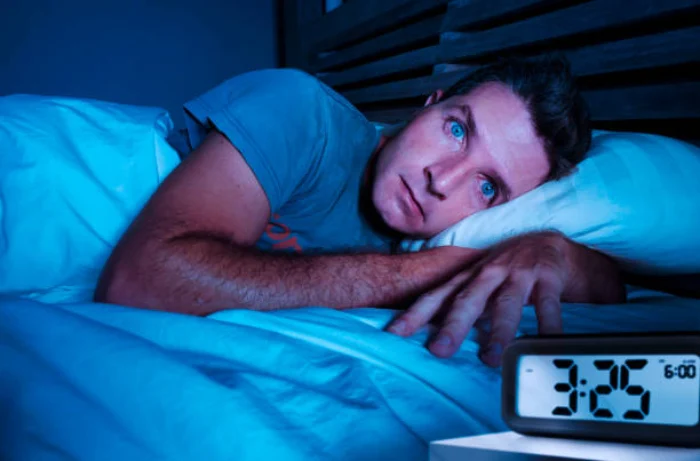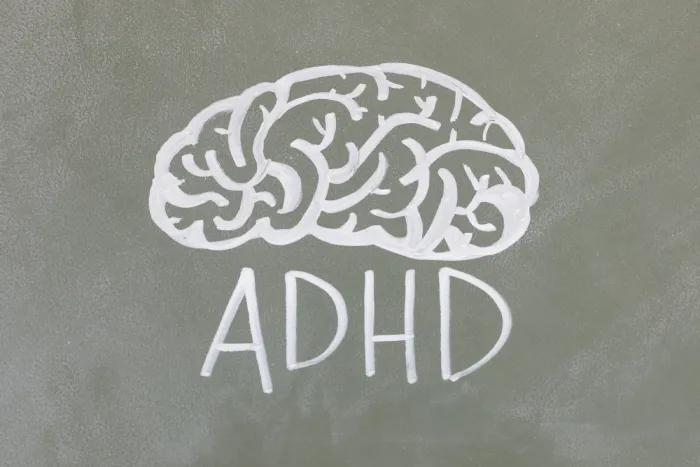Have you ever wondered why you feel surprisingly refreshed after getting just a few hours of sleep instead of the recommended eight? It may seem counterintuitive, but a scientific explanation exists behind this phenomenon.
Sometimes people sleep longer than they need to, which can leave them feeling even more tired. Your body might not require as much sleep as others, so you might feel more rested when you get less sleep because you’re getting just the right amount that you need.
Other possible reasons for feeling more rested with less sleep include genetic factors, your circadian rhythm and sleep cycles, and the parasympathetic nervous system. Understanding these factors can help you take control of your sleep patterns.
Keep reading to discover the fascinating facts and science behind why some people can function with less sleep.
Why Do I Feel Better With Less Sleep: 5 Possible Reasons
We’ve all had those days where we didn’t get much sleep but still felt like we could conquer the world. Surprisingly, there are valid reasons for why we feel this way. Here are a few of the possible explanations:
1. Cortisol and Stress
When we don’t get enough sleep, our bodies produce elevated levels of cortisol, the stress hormone. These increased cortisol levels may give us a temporary burst of energy, making us feel like we can conquer the day.
However, this is not sustainable over the long run and can lead to impaired cognitive abilities, impulsivity, and decreased patience.
2. Genetic Factors
In rare cases, individuals may have a genetic mutation that allows them to require less sleep. This is due to a mutation in the DEC2 gene, which affects the regulation of the wakefulness hormone orexin, or the ADRB1 mutation that influences sleep and wake cycles.
These mutations are found in families of natural short sleepers and account for only 1 in 12,000 people. Although rare, this gene occurs rarely.
3. Circadian Rhythm and Sleep Cycles
Our circadian rhythm regulates our sleep-wake cycle. Inconsistent sleep patterns or jet lag can disrupt it. Waking up in the middle of a sleep cycle can also lead to feeling groggy. When we get less sleep, we may wake up in between cycles, making us feel more rested and alert.
4. Adrenaline Release
Sleep deprivation triggers the release of adrenaline, which puts our bodies in “survival mode” and provides a temporary energy boost. However, this boost is unsustainable in the long term and can have negative effects on overall health.
5. The Parasympathetic Nervous System
The parasympathetic nervous system is responsible for our “rest and repair” functions. It organizes and maintains proper bodily functions, repairs gut lining, eliminates abnormal cells, and absorbs nutrients.
However, these functions require a state of rest and cannot be achieved when busy or stressed. Thus, individuals may feel better with less sleep in the short term, but their body is not functioning optimally.
What Are the Side Effects of Sleep Deprivation?
Discover why a good night’s sleep is non-negotiable for your health. While a few skipped hours might seem harmless, frequent sleep deprivation is a serious concern. Beware of these common side effects:
Physical Effects
- Sleep deprivation leads to excessive daytime sleepiness, affecting daily functioning and increasing accident risks.
- Despite a full night’s sleep, sleep-deprived individuals may still feel fatigued and lacking in energy.
- Lack of sleep weakens the immune system, making individuals more susceptible to infections and illnesses.
- Sleep deprivation leads to difficulties in problem-solving, thinking clearly, and processing information efficiently.
- Long-term sleep deprivation has been associated with an increased risk of heart disease, stroke, diabetes, and certain types of cancer.
Cognitive Effects
- Sleep deprivation can significantly affect cognitive function and mental processes.
- Lack of sleep impairs memory consolidation and negatively affects both short-term and long-term memory.
- Sleep-deprived individuals may experience decreased alertness, slower reaction times, and impaired decision-making abilities.
- Sleep deprivation has been linked to weight gain, obesity, and increased hunger and cravings for high-calorie foods.
Emotional and Psychological Effects
- Sleep-deprived individuals may experience heightened emotional responses, mood swings, and difficulty regulating emotions.
- Sleep deprivation can worsen existing mental health conditions such as anxiety and depression.
Do at least three hours of sleep matter more than none?
Sleep experts advise that getting 3 hours of sleep is much better than getting no sleep. Even short periods of sleep can provide significant health benefits, particularly when dealing with sleep deprivation.
While aiming for 7-9 hours of sleep per night is ideal. In situations with limited sleep time, it is still better to get some sleep rather than none at all. This is because even a few hours of sleep can help the body and mind recover to some extent.
Additionally, if one remains awake, the body continues to expend energy without any rest, resulting in a greater build-up of toxins in the body. It is advisable to remember that quality matters just as much as quantity when it comes to sleep.
In that case, Codeine Phosphate or other pills may be a great help since they tend to provide deeper and better sleep. Must consult with a doctor or healthcare provider before taking any medications.
Are people with ADHD more likely to need sleep?
Individuals with ADHD may require more sleep than people without the condition. Research has shown that ADHD brains require more rest to function optimally. Nevertheless, getting sufficient sleep is challenging for those with ADHD, as the condition can disrupt sleep patterns and impair the ability to fall and stay asleep.
This double whammy of ADHD-related sleep difficulties can be detrimental, as sleep deprivation further exacerbates the symptoms of ADHD, making it even more challenging to manage the condition. Therefore, individuals with ADHD must prioritize healthy sleep habits as a crucial part of their overall treatment plan.
It may be as simple as setting a consistent sleep schedule, limiting screen time before bed, and practicing relaxation techniques to help you sleep better.
Prioritize Sleep for Optimal Health
The idea that some people can thrive on less sleep than others is grounded in science. The human brain’s natural process of creating new connections while awake can result in some individuals feeling better and more productive with just a few hours of sleep each night.
However, it’s important to remember that chronic sleep deprivation can seriously affect mental and physical health. As such, it’s essential to prioritize getting enough sleep, even if you feel like you can function on little sleep.
Finding a personalized balance between rest and productivity is key to achieving optimal mental and physical health.






